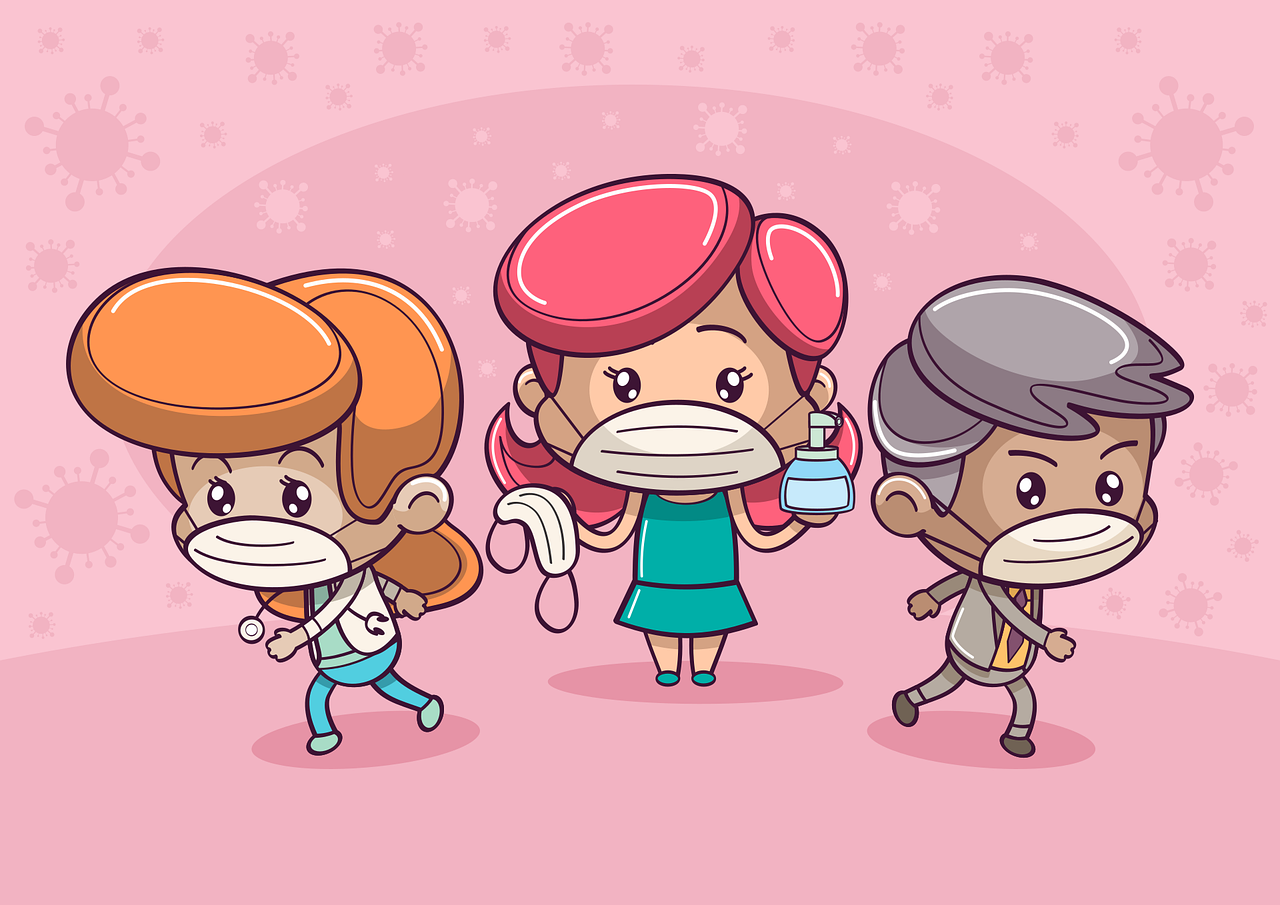10 Challenges for Nurses in Home Healthcare

Home healthcare is a growing field and has become increasingly popular. The majority of patients prefer to stay in their own homes, surrounded by familiar surroundings and people who care about them. Nurses can provide health support without moving them to a healthcare facility.
As a nurse working in home healthcare, you’ll treat many different patients and conditions. Some patients might be recovering from surgical procedures, while others live with chronic illnesses. While this is a huge benefit to both the patient and the nurse, some challenges come with providing home healthcare.
Here’s a look at 10 of the most common challenges.
- Dealing with Emergency Situations
Emergencies can occur at any time, even during routine examinations. When something unexpected happens, nurses have to act fast to keep patients safe. Sometimes, it’s necessary to administer emergency treatments immediately. During these times, it’s important to remain calm and assess the situation. After assessing the situation, you can decide what treatment is needed. It can be difficult to think clearly in an emergency, especially if you haven’t had much practice. Thankfully, training can help you develop skills and confidence when encountering an emergency. - Providing Physical Care
Providing physical care can be a challenge for nurses working in home healthcare because they’re not used to providing this type of treatment. You can consider enrolling in a Bachelor of Science in nursing online program to gain the skills and knowledge you need to provide high-quality physical care to your patients. This way, you’ll feel confident about administering treatments and assisting with daily activities. - Working with Difficult Patients
Patients can sometimes become angry and frustrated when they aren’t getting the necessary care. It’s important to remain professional and provide them with the care and attention they need. If you find yourself struggling to control your emotions, discussing your problem with a supervisor or someone else in the workplace could be beneficial. It’s also helpful to talk to coworkers who have dealt with similar problems. They may be able to share tips and advice that will help you deal with difficult patients. - Being Overwhelmed
It’s normal to feel overwhelmed when working in a new environment. There’s often a lot of paperwork involved and other responsibilities that you weren’t aware of before starting work. Fortunately, you can take advantage of the resources available to you. For instance, you can attend orientation sessions to learn about the various roles and responsibilities, which will help you prepare for the future. - Meeting Multiple Requirements
Nurses who work in home healthcare must meet all sorts of requirements. For example, you might need to complete a certain number of hours in each specialty area, depending on your patients’ needs. You can work closely with your supervisor to set goals and ensure you’re meeting the required standards. Multitasking will also be helpful since it allows you to handle multiple tasks without becoming overwhelmed. - Balancing Work and Family Life
Many nurses work in-home healthcare to spend more time with their families. However, balancing work and family life can be challenging. For instance, you might struggle to manage your workload when taking care of your children. It can be helpful to sit down with your supervisor and discuss how to best balance your work and home lives. - Working Individually
Working alone can be difficult to get things done when you’re working alone. You might be tempted to leave and go for a walk, which means you’re likely to miss out on important messages. To avoid this problem, try using a nursing call system so that you can easily communicate with your supervisor. You can also ask your coworkers to check on you periodically to ensure everything runs smoothly. - Managing Your Finances
Home healthcare nurses are responsible for managing their finances. For example, you’ll need to pay taxes based on the amount of money you earn. It can be helpful to consult a financial advisor to understand your tax obligations better. Additionally, you should keep track of the expenses you make. Doing this will allow you to calculate your income and determine whether you qualify for certain deductions. It’s also important to save money for emergencies and other expenses, such as education and vacations. - Juggling Different Roles
Many nurses working in home healthcare are expected to wear many hats. For example, you might be asked to perform administrative duties, conduct assessments, and make decisions on behalf of your patients. In some cases, you may be asked to assist with basic household chores, like cooking meals or helping with laundry. If you’re unsure about what you’re supposed to do, it can be helpful to reach out to your colleagues for advice and assistance. - Learning New Skills
Since home healthcare nurses must learn new skills, it’s important to stay updated on the latest developments. You can use social media to connect with other professionals and learn about recent trends in the industry. You can also read books and journals to keep yourself informed. For example, you might want to focus on learning more about geriatrics, which involves caring for older adults who require special attention.
Final Words
The field of home healthcare is constantly growing, and there are lots of opportunities for nurses who want to work in this setting. However, it can be challenging to find the right job if you don’t know where to look. Fortunately, there are plenty of companies that hire home healthcare nurses, and you can use this information to help you find the perfect role.
Thank you,
Glenda, Charlie and David Cates